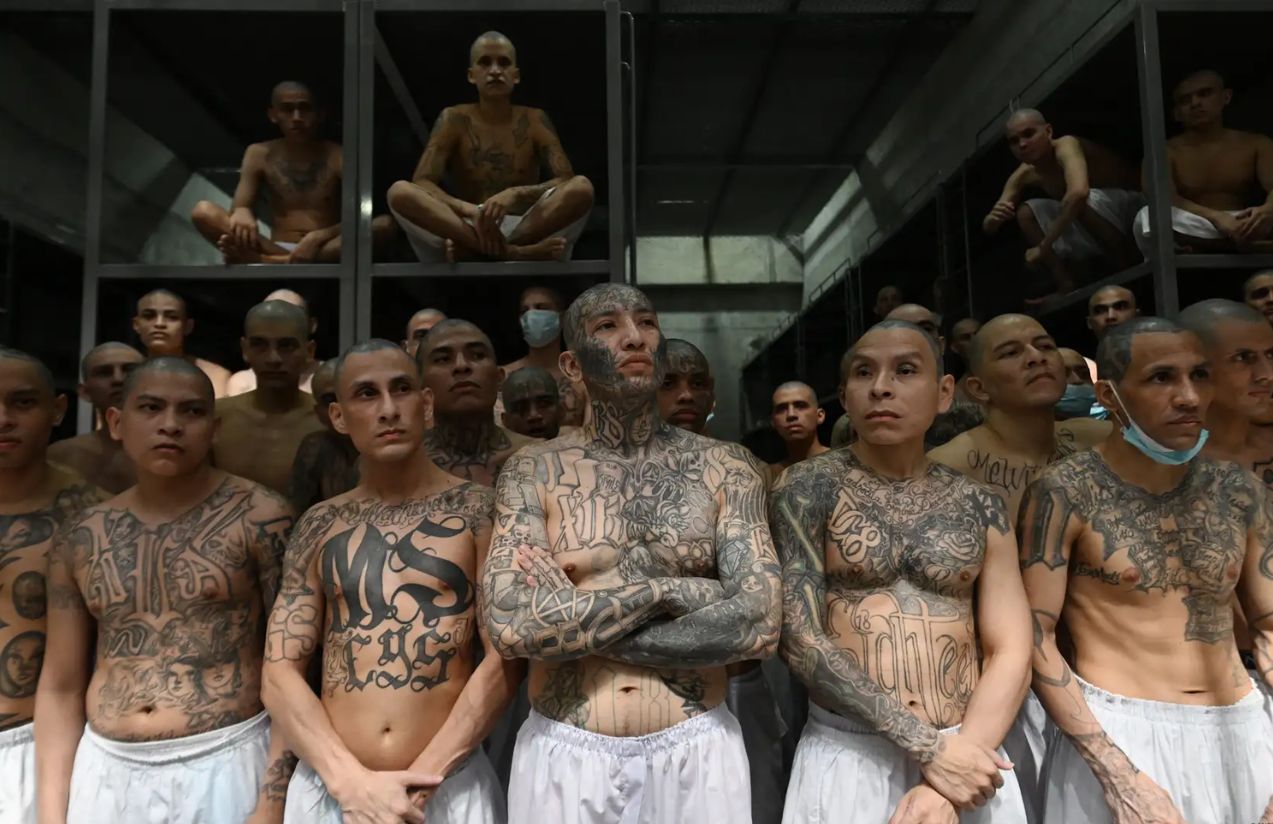Neiyerver Adrián León Rengel, a 27-year-old Venezuelan citizen, filed an administrative complaint on Thursday with the United States Department of Homeland Security (DHS), marking the first legal step toward a $1.3 million lawsuit against the government for alleged abuse and arbitrary detention.
Rengel was arrested on March 13, 2025, his birthday, in the parking lot of his apartment complex in Irving, Texas. Despite having legal temporary residency and a scheduled immigration hearing in 2028, ICE agents identified him as a member of the Tren de Aragua gang based on his tattoos. He denies any connection to the gang and says he was never given a chance to defend himself.
Contrary to what he was told, that he would be deported to Venezuela, Rengel was sent, along with more than 250 other Venezuelans, to El Salvador’s Terrorism Confinement Center (CECOT). He claims that the Alien Enemies Act of 1798 was used to justify his expedited removal.
Over more than four months, Rengel says he suffered physical, verbal, and psychological abuse, including being beaten with fists and batons in areas with no cameras, held in tiny 3×3-meter cells, and completely cut off from his family. He effectively disappeared from the U.S. immigration tracking system. He was released last week as part of a prisoner exchange between Caracas and Washington and is now back in Venezuela.

Organizations such as the Democracy Defenders Fund and LULAC have stated that Rengel’s case could set a historic precedent. DDF President Norm Eisen said the case should “sound an alarm to every American who believes in justice,” noting that detaining and disappearing someone without cause or access to legal recourse is “unlawful and abhorrent.”
Why could this case impact United States immigration policy?
Rengel is the first of the 252 Venezuelans deported in March to formally file a complaint with DHS. Since the majority of those sent to CECOT had no criminal records, only 32 were facing serious charges, his case could pave the way for dozens of similar lawsuits. It raises serious concerns about invoking a wartime law to justify mass deportations.
This case not only highlights serious human rights allegations and questionable immigration practices, but it could also mark a turning point in how deportation policies are enforced, especially under legally controversial frameworks.











